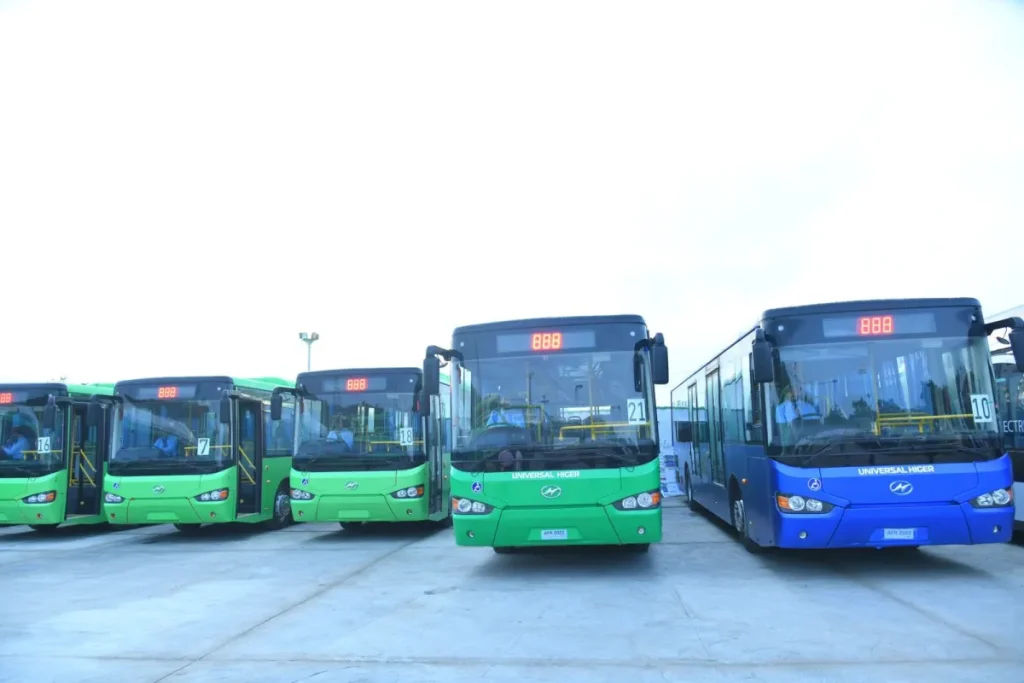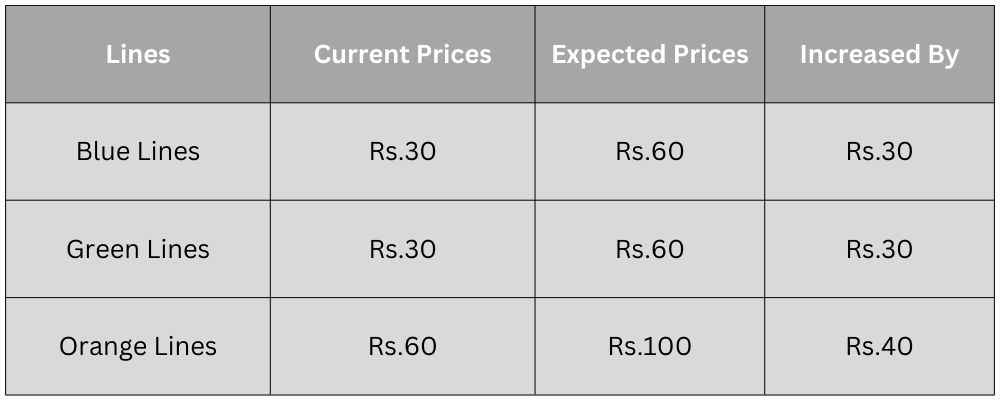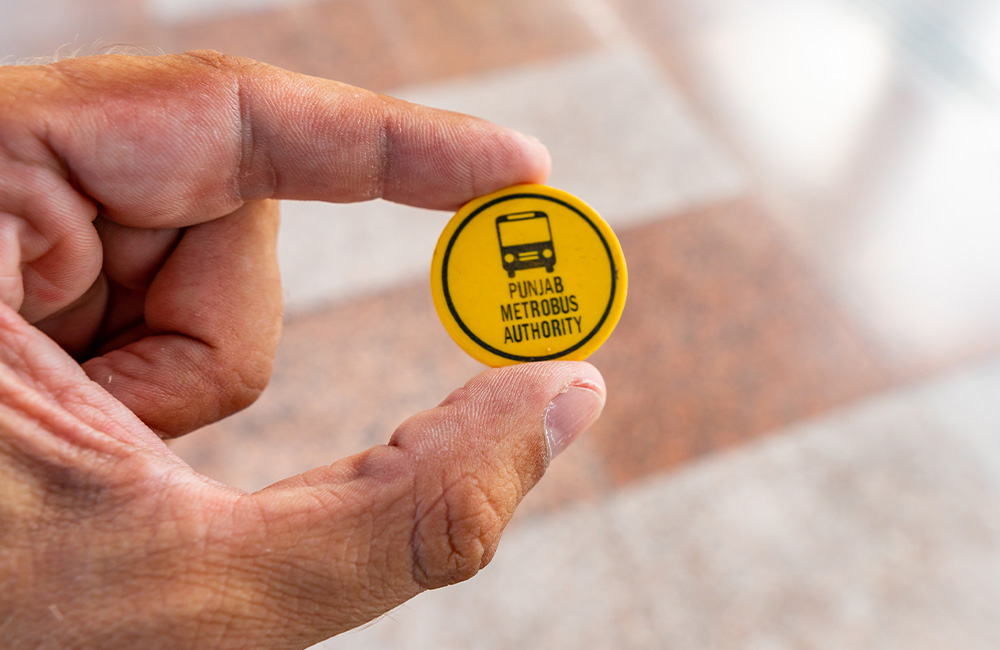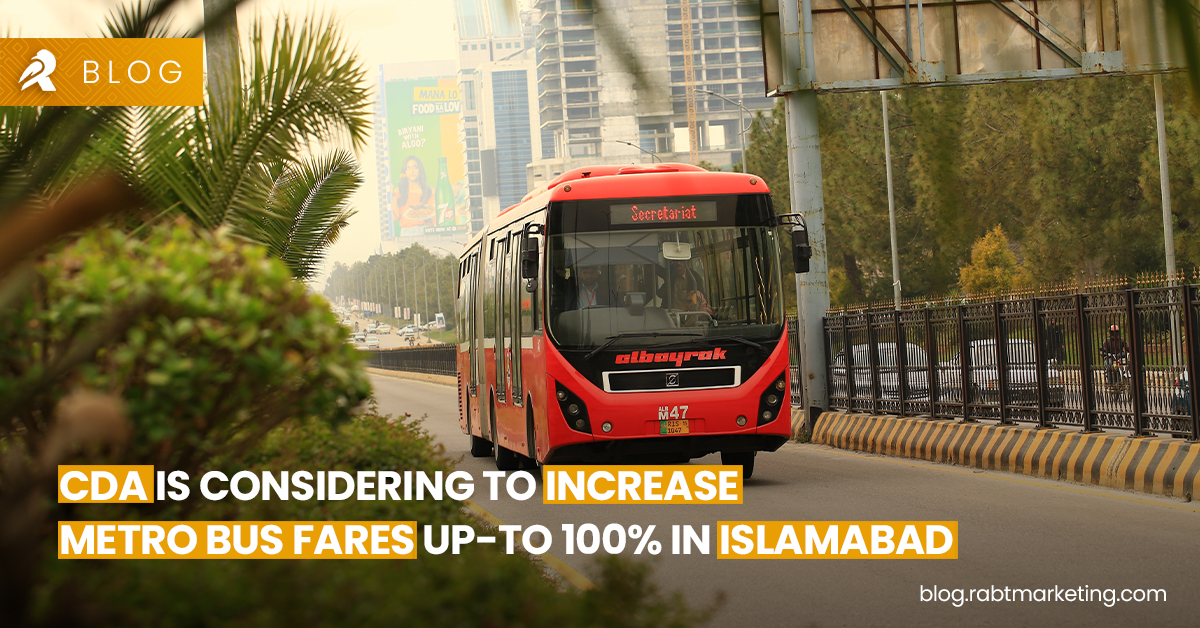With the cost of fuel going up, the group in charge of running the city’s metro buses, the Capital Development Authority (CDA), is thinking about making a big change. They are contemplating to increase metro bus fares by a lot—100% more, to be exact. This could affect a whole bunch of people, especially those who take the bus every day.
The CDA manages three important metro bus lines in the city: the Orange, Green, and Blue Lines. Because fuel prices are making it harder for them to cover their costs, they’re thinking about raising bus fares. Right now, it’s just an idea, but they’re going to talk about it more in a meeting soon to decide if it’s going to happen.

The Capital Development Authority (CDA) is responsible for the management of three important metro bus lines in the city: the Orange, Green, and Blue Lines. The recent increase in fuel prices has made it difficult for the CDA to cover the costs of operating these lines. As a result, the CDA is considering raising bus fares. This is just an idea at the moment, and the CDA will discuss it further in a meeting soon to decide whether or not to implement it.
If the CDA does raise bus fares, it is likely to have a significant impact on the city’s residents. Many people rely on the metro bus system to get around, and a fare increase could make it more difficult for them to afford to travel. The CDA will need to carefully consider the impact of a fare increase before making a decision.
Current and Expected Metro Bus Fares
If the proposal of CDA is approved in the final board meeting, the decision would mark a substantial increase in fares for the Green and Blue Line Metro buses. The proposed increase would effectively double the cost of commuting for passengers who rely on these services daily. Currently priced at Rs. 30, the fare for these routes would increase to Rs. 60. Meanwhile, those who opt for the Orange Line will also see their expenses rise, with fares climbing from Rs. 60 to Rs. 100

Impacts of Increased Metro Fare

One of the most immediate impacts is the financial burden on commuters. An increased fare means that individuals and families who rely on the metro for their daily commute will have to allocate more of their budget to transportation expenses. This can be particularly challenging for low-income individuals and families, who may already be struggling to make ends meet.
Moreover, If a significant number of metro riders shift to using private vehicles due to fare increases, it can contribute to increased traffic congestion, pollution, and longer commute times for everyone in the city.
In addition, fare increases can lead to public frustration and dissatisfaction with the metro system and its management. This can erode trust in public transportation and impact the reputation of the metro authority. The demand for fair and affordable public transportation may lead to protests and demonstrations in some cases.
Increase in fares will not only affect the public but will also affect the metro authority. As fares increase, some commuters may look for more cost-effective transportation alternatives. This can lead to reduced ridership on the metro system, which can have several consequences, including decreased revenue for the metro authority.
To wrap up
In short, the CDA is thinking about raising metro bus fares because fuel costs are going up. If they decide to do it, it will affect the lives and wallets of the people who rely on these buses every day. We’ll have to wait and see what happens in the meeting to know for sure.
Also, Read Our Blog: Who is the Caretaker Prime Minister of Pakistan 2023?

